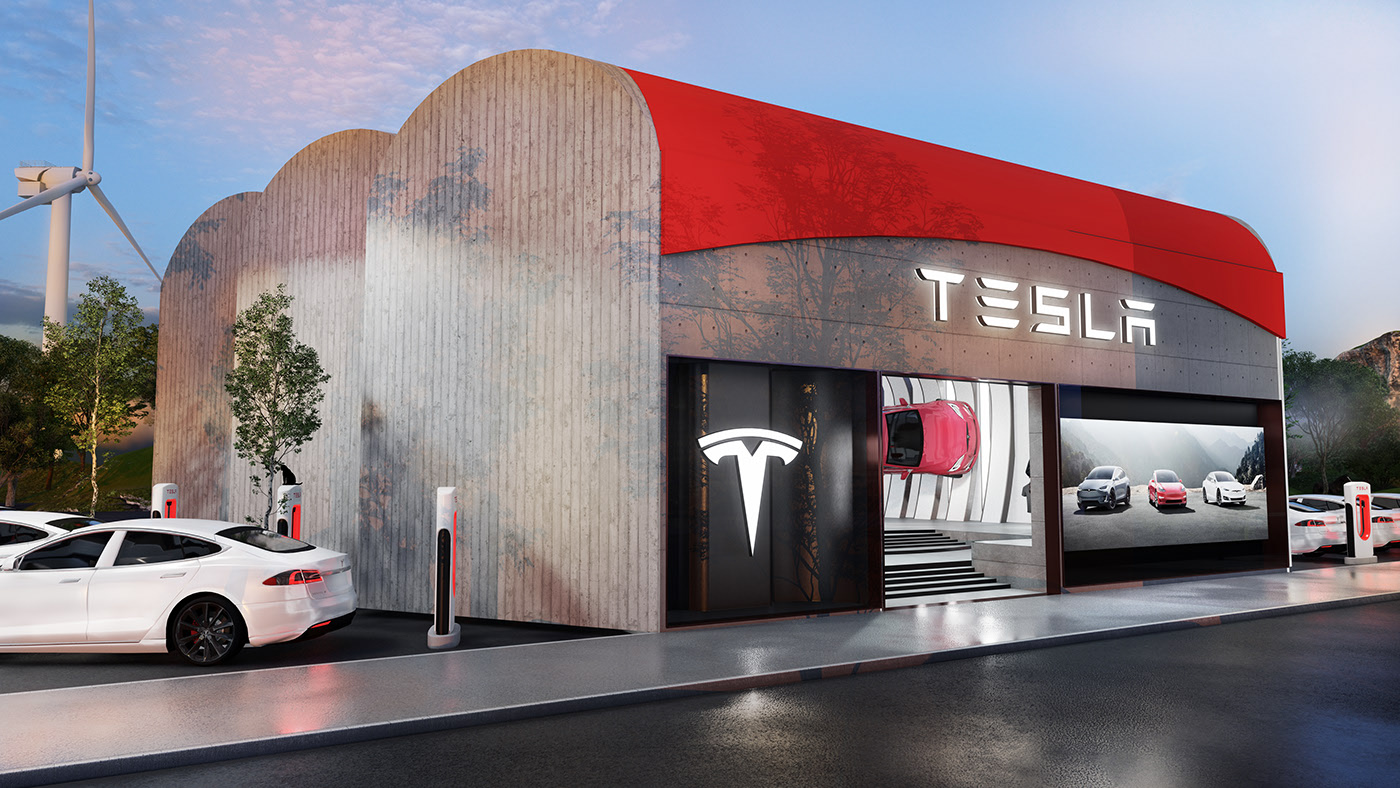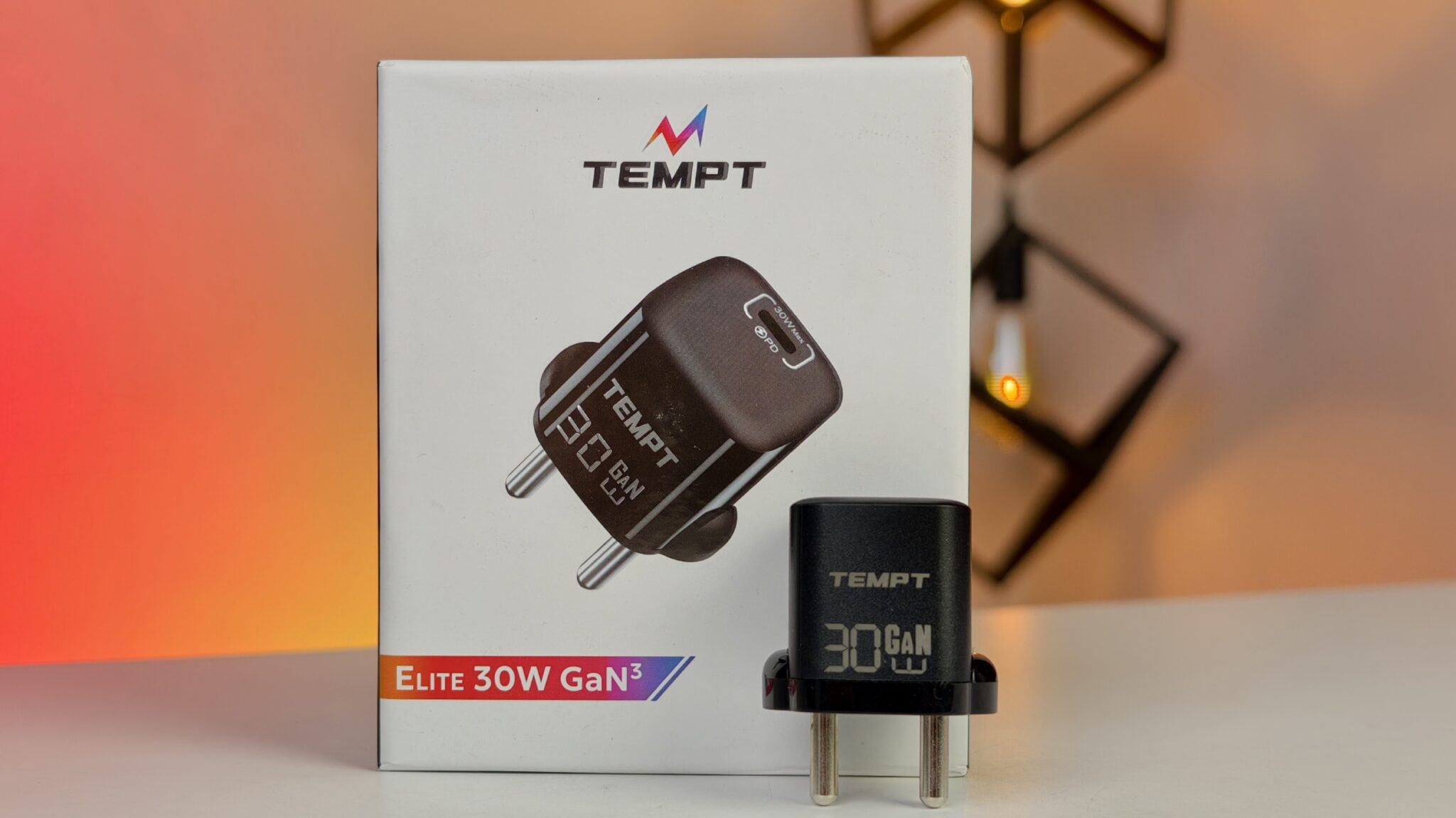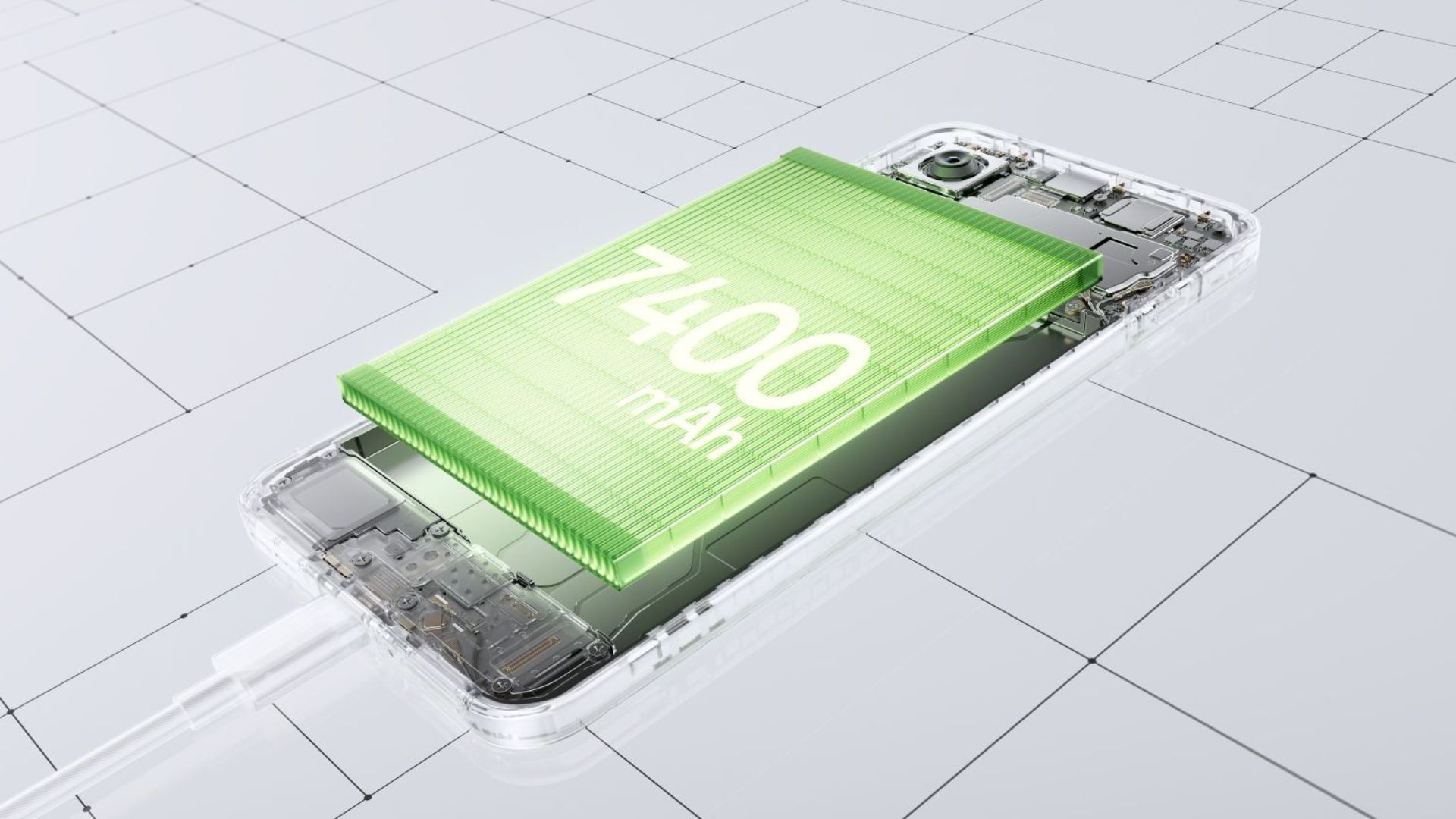The long-awaited arrival of Tesla’s manufacturing footprint in India may be hitting pause, if not an outright redirection. Union Heavy Industries Minister H.D. Kumaraswamy made it clear in a recent press conference that Tesla doesn’t appear interested in setting up a factory here. Instead, the electric vehicle (EV) titan seems focused on launching showrooms and sales operations. This revelation comes just as India rolls out new incentives designed to attract global EV manufacturers.
Speaking on Monday, June 2, 2025, during the unveiling of the new Scheme to Promote Manufacturing of Electric Cars, Kumaraswamy addressed Tesla’s apparent lack of commitment to local production. “Tesla, they are more (interested) only to start showrooms. They are not interested to (start) manufacturing in India,” he told reporters.
A Shifting Narrative
For years, Tesla’s potential entry into India has sparked widespread speculation, often fueled by hints of a possible factory. Under Prime Minister Narendra Modi’s flagship “Make in India” initiative, the government has worked hard to court big global names, and Tesla’s name frequently surfaced at the top of that wish list. EV manufacturing, in particular, has been a big part of the conversation, as India eyes ambitious EV adoption targets for 2030.
There were meetings between Elon Musk and top Indian officials, statements of intent, and what looked like real momentum toward a localized production facility. But now, Kumaraswamy’s remarks point to a very different picture—one that favors imports and retail over assembly lines.
India’s New EV Policy and Its Conditions
The policy India recently finalized is ambitious. It offers reduced import duties to lure global EV makers, but there’s a catch: those benefits come with strings attached.
To qualify for the lower 15% import duty (a big drop from the previous 70%-100% range), automakers must commit at least $500 million toward building a manufacturing facility in India. And it’s not just about the money—they also need to:
- Set up manufacturing operations within three years of approval
- Achieve 25% local parts sourcing within three years, rising to 50% by year five
- Stick to an import quota of up to 8,000 EV units annually under the reduced duty scheme
The policy was widely perceived as tailored—at least in part—to tempt Tesla. But given the minister’s latest remarks, it sounds like the company isn’t currently prepared to jump through those hoops.
Showrooms Over Factories: Tesla’s Apparent Focus
Despite the heavy push for local production, Tesla seems to be charting a different course. Reports suggest the company has locked in showroom space in key cities like Mumbai, notably at the high-profile Maker Maxity complex. On top of that, there’s been a flurry of job listings across India, hinting at preparations for a retail and service rollout.
An official at the press briefing added that Tesla was present during the initial round of talks around the EV manufacturing scheme but skipped out on the second and third meetings. That absence might be telling. It suggests that the policy’s incentives aren’t enough to nudge Tesla toward local production.
The Import Duty Hurdle and Past Concerns
India’s high import tariffs have long been a sticking point for Tesla. Elon Musk has been vocal about it, arguing that the steep costs make selling imported EVs nearly impossible. The new policy seemed like a compromise—a path forward for companies willing to invest. But without a factory, Tesla would still face the same high duties, which could significantly affect its pricing strategy.
And pricing matters, especially in India. The country’s EV market is growing, but it’s still a small piece of the overall auto sector. Local players like Tata Motors and Mahindra & Mahindra are aggressively competing with more affordable options, all produced domestically.
A Different Path for Other Automakers
Tesla might be hitting the brakes on Indian manufacturing, but other global automakers are eyeing the green light. According to Minister Kumaraswamy, companies such as Mercedes-Benz, Skoda-VW, Hyundai, and Kia have shown serious interest in setting up factories under the new policy.
Interestingly, the minister noted that European firms might find India particularly attractive. Why? Because the left-hand drive format common in Europe closely aligns with India’s own requirements, making vehicle adaptation easier compared to American models, which typically use right-hand drive.
The government insists that the policy is not Tesla-specific. It’s open to all players willing to invest in India’s EV journey. And while Tesla’s absence might sting a little, it doesn’t derail the bigger goal: building a robust ecosystem for electric mobility.
What Lies Ahead?
If Tesla sticks to this strategy, India might not see a Gigafactory anytime soon. Instead, the company appears to be leaning toward a direct-to-consumer sales model—imported cars, high-end showrooms, and likely, higher price points due to duties.
That could limit Tesla’s appeal in a cost-sensitive market, especially as domestic companies continue to roll out affordable, locally-made EVs. Still, the Indian government is moving ahead, opening the application window for its new EV policy. The coming months should bring clarity on which automakers are ready to commit.



















